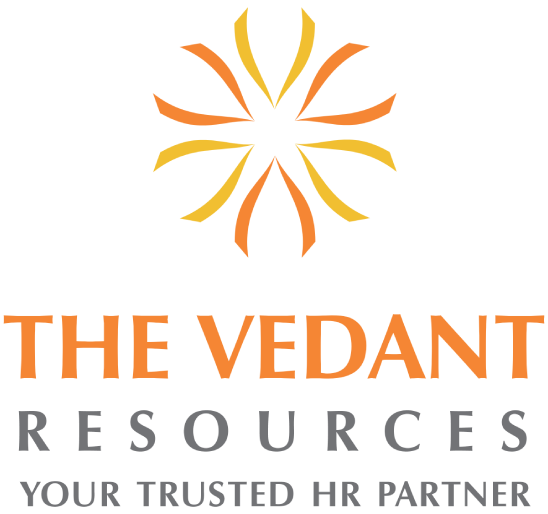
HR Outsourcing Services
HR Outsourcing involves delegating certain HR functions and responsibilities to an external service provider. This allows organizations to focus on their core business activities while benefiting from specialized expertise in HR management.
Recruitment
Talent Acquisition:
Creation of various TA Strategy which enables organisation to attract various talents.
Vendor Management:
Create various system and process which enables onboarding of recruitment vendors for smooth sourcing of candidates.
Payroll Outsourcing
Payroll Processing:
Managing the payroll process, including calculations, deductions, and disbursements.
Tax Compliance:
Ensuring compliance with tax regulations and managing tax-related documentation.
Benefits Administration:
Overseeing benefits enrollment, claims processing, and communication.
Employee Benefits Administration
Benefits Enrollment:
Managing the enrollment process for various employee benefits, such as health insurance, retirement plans, and more.
Vendor Management:
Coordinating with benefits providers to ensure smooth administration.
Claims Handling:
Assisting employees with benefits claims and resolving issues.
HR Technology Management
HRIS Implementation:
Setting up and managing Human Resource Information Systems to streamline HR operations.
Data Management:
Ensuring the accuracy and security of HR data and analytics.
System Maintenance:
Providing ongoing support and maintenance for HR technology platforms.
Compliance and Risk Management
Regulatory Compliance:
Ensuring adherence to labor laws, regulations, and industry standards.
Risk Assessment:
Identifying potential HR-related risks and implementing strategies to mitigate them.
Policy Development:
Developing and updating HR policies to maintain compliance and address organizational needs.
Employee Relations and Support
Conflict Resolution:
Managing and resolving employee conflicts and grievances.
HR Advisory:
Providing guidance on HR issues, including disciplinary actions, terminations, and performance management.
Employee Assistance Programs (EAP):
Offering support services for employee well-being and mental health.
Training and Development
Training Programs:
Designing and delivering training programs to enhance employee skills and competencies.
Leadership Development:
Providing leadership training and development programs to build managerial capabilities.
Performance Management:
Implementing performance management systems and providing feedback mechanisms.
Health and Safety Management
Compliance:
Ensuring compliance with health and safety regulations.
Training:
Providing training on health and safety procedures and best practices.
Incident Management:
Managing and reporting workplace incidents and ensuring corrective actions are taken.
HR Administrative Support
Documentation:
Handling HR documentation, including employment contracts, policy manuals, and records.
Reporting:
Generating HR reports and metrics to support decision-making.
Administrative Tasks:
Managing various HR administrative tasks, such as employee records maintenance and HR correspondence.
By outsourcing these HR functions, organizations can benefit from cost savings, access to specialized expertise, and improved efficiency. This allows them to focus on their core business objectives while ensuring that HR operations are managed effectively and in compliance with relevant regulations.


